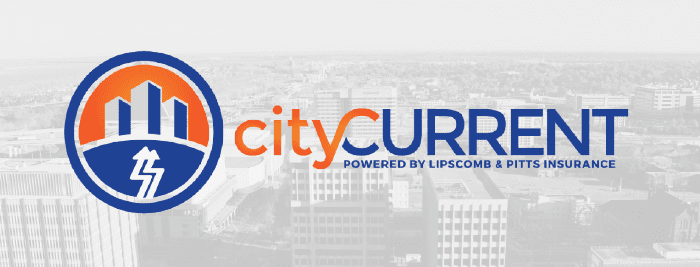
Employees injured on the job may be eligible to receive workers’ compensation benefits without regard to fault. In return for these benefits, the injured employee agrees not to sue his or her employer. Generally workers’ compensation is the sole remedy for an employee injury; however, in some instances, the employer may still be liable and sued for injuries to employees. Stop gap coverage covers potential litigation face by employers.
As these instances are excluded from Commercial General Liability (CGL) policies, employers need to obtain stop gap coverage to remain protected against a potential loss. This coverage is part of a standard workers’ compensation policy in addition to coverage for payment of workers’ compensation benefits.
Monopolistic States
Workers’ compensation laws are different for employers in North Dakota, Ohio, Washington and Wyoming, which are considered monopolistic states. This means that they do not permit open competition for workers’ compensation insurance between the state fund and private insurance companies. In these states, workers’ compensation laws provide the exclusive remedy for injured employees according to the benefits established by the state fund.
Under these states’ workers’ compensation laws, injuries, disease, wage loss and related items are covered, but the employer’s liability exposures are not. Thus, it is important for employers to purchase stop gap insurance to cover the additional liability that arises from injury. In some cases, employers need to purchase stop gap insurance as an add-on to a CGL policy or as a separate policy. Each monopolistic state has its own method for combining coverage with the coverage of non-monopolistic states.
How to Obtain Stop Gap Coverage
Employers operating in monopolistic states can obtain stop gap insurance from a private insurer. Additionally, the National Council on Compensation Insurance (NCCI) has forms available to provide the coverage. Here are some important points to know about stop gap coverage:
- Stop gap coverage can be added to a standard CGL policy as an endorsement or purchased as a stand-alone policy:
- The endorsement changes the CGL policy by outlining the following:
- Amount covered for bodily injury per accident
- Amount covered for bodily injury per disease at an aggregate limit
- Amount covered for bodily injury per disease per employee
- The insurance company pays the employee for damages due to bodily injury by accident or disease and can defend against legal action filed against the employer. The insurance company has the right to investigate accidents and settle suits under a CGL endorsement.
- The insurance company pays no more than the limits for damages outlined for the items listed above, and is not obligated to defend employers when the limits are exhausted through judgment payments and settlements.
- Coverage only applies to incidents occurring on the covered premises and arising within the course of a worker’s employment with the insured employer. Bodily injury as a result of disease must be caused by employment conditions during the policy period.
- The endorsement changes the CGL policy by outlining the following:
Stop Gap Policy Exclusions
The following exclusions are generally included in stop gap policies:
- Coverage is not available for bodily injuries or diseases intentionally caused by the employer. This applies to situations in which bodily injury by accident or disease was likely as a result of an action made by the employer.
- Coverage is not available for any assessment, fine or penalty given to the employer by a regulatory agency.
- Coverage is not available for obligations imposed by workers’ compensation, disability benefits, unemployment compensation laws or any other similar laws.
- Coverage is not available for contractual liability assumed under agreements or contracts.
- Coverage does not apply to accidents or diseases that involve employees who are employed in violation of the law when the employer knows of the violation.
- Coverage does not apply to any damages caused by coercion, criticism, demotion, evaluation, reassignment, discipline, defamation, harassment, humiliation, discrimination or termination.
- Coverage is not available when employers do not abide by workers’ compensation laws and are subject to penalties due to noncompliance.
- Coverage is not applicable for incidents involving individuals who are employed in violation of any law pertaining to age or any person under age 14.
- Coverage does not apply to any premium, assessment, penalty, fine, benefit, liability or other obligation imposed by or granted pursuant to any workers’ compensation, unemployment compensation, disability or similar law.
- Punitive damages are not covered.
- Coverage is not available for incidents involving crew members of any vessel or aircraft.
Since there are many exposures facing employers in monopolistic states and many situations in which liability is not covered, a stop gap policy is essential. Lipscomb & Pitts Insurance, LLC understands that your organization needs protection and we are here to help. Please contact us today to learn more about our employment protection solutions.


